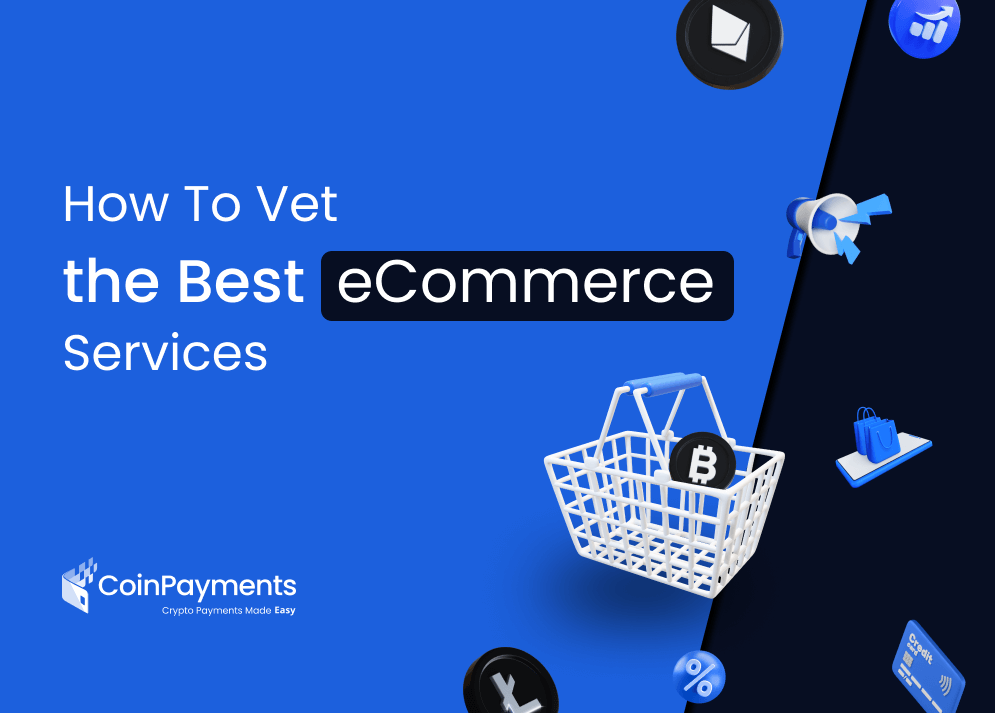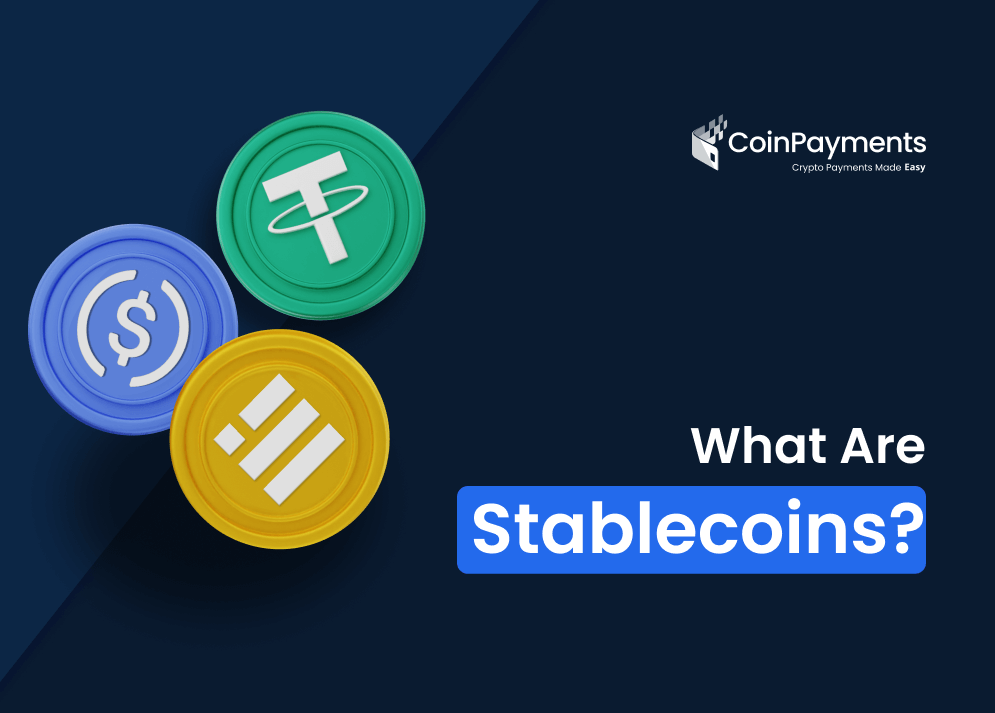
The blockchain has been an innovative concept ever since its implementation and since Bitcoin came onto the scene over a decade ago. But although blockchain technology is still primarily used for cryptocurrency transactions, it’s actually a much more versatile solution to many more problems.
Indeed, blockchain tech is already being used in several industries. Today, let’s break down ten blockchain use cases in detail. By the end, you’ll see exactly how useful the blockchain can be, both for individuals and for the world at large.
Blockchain Is More Useful Than You Might Think
Even though blockchain technology is still in its relative infancy, it’s much more useful than you might initially think. Here are some of the benefits of blockchain that are already visible in the areas of everyday finances, commerce, and even personal security.
1. Blockchain Lets You Make Cross-Border Payments
For starters, blockchain technology through cryptocurrency enables secure cross-border transactions.
This is excellent in our modern, interconnected world. With blockchains and cryptocurrencies, people can now send each other money around the world in a matter of minutes without having to go through government organizations or big banks.
Some blockchain companies, such as Ripple, are doubling down on cross-border payment options. Given time, we expect cross-border payments through cryptocurrency and blockchain to become the standard form of commerce both in person and for eCommerce platforms.
Smart contracts through Ethereum and similar networks will also allow unprecedented ability to trade important assets, like real estate. As digital currencies become more popular, ledger technology will become the go-to means to ensure open-sure, secure transactions for all.
2. Blockchain Can Make Voting More Transparent
But blockchain technology can also be beneficial in the way it may secure our democracy. Specifically, blockchain technology can ensure that digital voting is transparent and secure.
By decentralizing the voting process, blockchain technology will make sure that democratic elections happen fairly and with full transparency.
Potential election fraud will be a thing of the past. Each vote will be checked for veracity using the encryption algorithms used to confirm transactions for Bitcoin and other crypto tokens.
In this way, it will be almost impossible for someone to fake one or more votes. That way, every person gets to vote once, and their vote counts each time.
3. Blockchain Plays a Role in the Internet of Things (IoT)
The Internet of Things or IoT is essentially all smart appliances and devices that connect to the Internet directly or secondarily. The blockchain can store data collected from devices like smart home alarms, cameras, and even automated vacuum cleaners.
Once stored, the data will become immutable and perfectly secured. This will, in turn, make it much more difficult for cybercriminals to tamper with smart home appliances and systems.
In this way, smart homes will become more secure and beneficial than before. It won’t be possible, for example, for someone far away to unlock your front door through your smart home network after accessing your personal computer.
In time, we may see the Internet of Things become more widespread and interconnected than it is even today. It’ll all be thanks to the greater security the blockchain will provide.
4. Blockchain Can Help Protect You From Identity Theft
Similarly, blockchain technology could significantly assist with identity theft protection. For example, personal identification IDs, like digital passports or marriage certificates, can be entered on the blockchain, the information for which will then be encrypted and almost unbreakable.
On top of that, blockchain technology may allow individuals to control their digital data more securely and directly than ever before.
For example, if you need your medical records for an upcoming doctor’s appointment, you won’t need to call a healthcare provider and get your personal records mailed to you. Instead, you’ll be able to retrieve them from the cloud without having to worry about them being tampered with or stolen beforehand.
5. Blockchain’s Impact on the Healthcare Industry
This will provide a wider benefit to the healthcare industry as a whole. At the moment, healthcare organizations have to constantly update their digital security measures to make sure that patient medical data is kept secure and is easy to retrieve.
These goals often work at cross purposes one another, so healthcare personnel has to choose between one or the other.
By securing medical data on the blockchain answer implementing smart contracts, medical data will be easier to manage, track, and organize. Medical supply tracking will be improved, and patients will be able to retrieve their personal medical information at any point.
Supply chain management for healthcare applications could also see major improvements.
On top of that, blockchain platforms may help ensure that drugs used in global medical markets are authentic rather than originating from illegal drug trades. Automation and record immutability will go a long way toward helping resource-strapped healthcare companies, intermediaries, and startups.
6. Blockchain Reduces the Risk of Fraud
Thanks to the security and decentralization of the blockchain, digitized trade finance may be improved as the risk of fraud is reduced across the board.
A lot of trade finance processes are inefficient right now; they have a lot of vulnerable points, like centralized authorities, where fraud can take place.
Online trade organizations are no better. A single hacker can theoretically get into the records and financial information of thousands of people at once.
But if that information is stored on the blockchain and recorded properly, it will be almost impossible for someone to fabricate financial records or transactions.
If they were to try, that information wouldn’t match up with the rest of the blockchain, and the fraud would be immediately uncovered. This reduced risk of fraud will improve financial security for millions around the globe.
7. Blockchain Helps Pave the Way for Sustainable Energy
Right now, lots of energy companies suffer from a distinct lack of efficiency, optimization, and transparency. They also often utilize siloed infrastructures, leaving them at risk for fraud and a variety of other digital crimes.
But enterprise-level blockchain solutions may increase the process efficiencies for oil and gas companies, along with other sustainable energy organizations like wind and water power companies.
They can also help to reduce the costs that are associated with getting solar, wind, and water power distributed throughout the power grid.
A safe energy grid is necessary for the adoption of eco-friendly energy technologies. Blockchain could provide just that.
8. Blockchain and Syndicated Loans
Syndicated loans are some of the most bloated contracts in the financial industry. Billions of dollars worldwide exchange hands through syndicated loans, which require the involvement of centralized financial institutions like big banks.
This is bad for individuals, and it often results in lots of extra liabilities and high costs. Standardization, digitization, and increased security from blockchain technology will help to solve these problems in the future.
Syndicated loans could pass through blockchain networks instead, preventing big banks from taking advantage of global financial resources, as well.
9. Blockchain Applications in the Insurance Industry
Many insurance claims are prone to fraud. On top of that, lots of insurance claim assessments take a long time, during which victims of accidents or attacks are left to struggle financially.
By securely streamlining the data verification process, blockchain distributed ledger ecosystems can reduce the processing time for insurance payouts, especially by helping with insurance claim disbursement and claims processing.
10. Blockchain Can Help Prevent Online Piracy
Last but not least, blockchain technology will certainly help prevent online privacy in the future. It’s estimated that the theft of digital items through piracy websites costs the entertainment industry about $71 billion each year.
With blockchain technology, companies will be able to track the lifecycles of digital content they publish. They can also protect their digital content more securely and distribute authentic digital assets like NFTs.
In this way, blockchain authentication will directly improve cybersecurity for all kinds of intellectual property concerns.
Conclusion
As you can see, there are lots of important use cases of blockchain tech that have already improved the worldwide market. This fintech innovation is far more than a way to send and receive cryptocurrencies securely.
That’s why it’s more important than ever to sign up for CoinPayments. As a dedicated crypto payment gateway provider, we can help your online store accept crypto tokens as payment in no time at all.
Through our payment gateway and merchant tools, you’ll be able to accept crypto tokens from your entire customer base around the globe, improving your profits at the same time!
Why wait? Contact CoinPayments today to get started, or sign up on our website.



